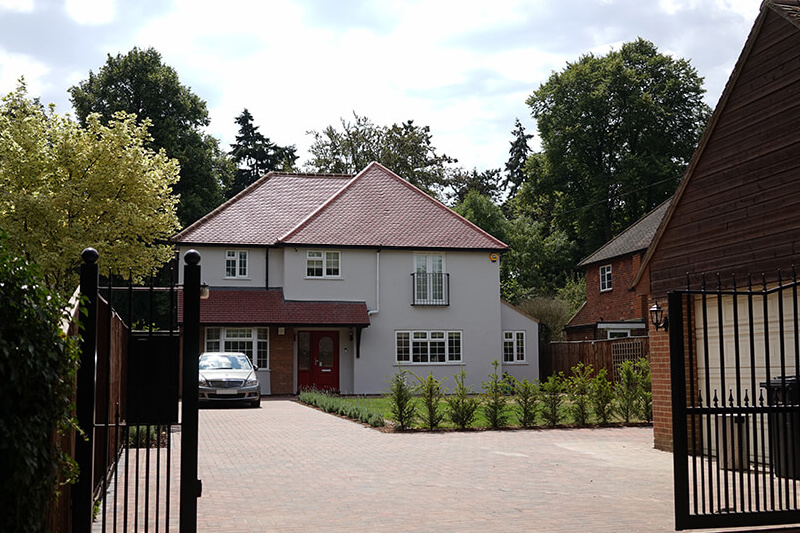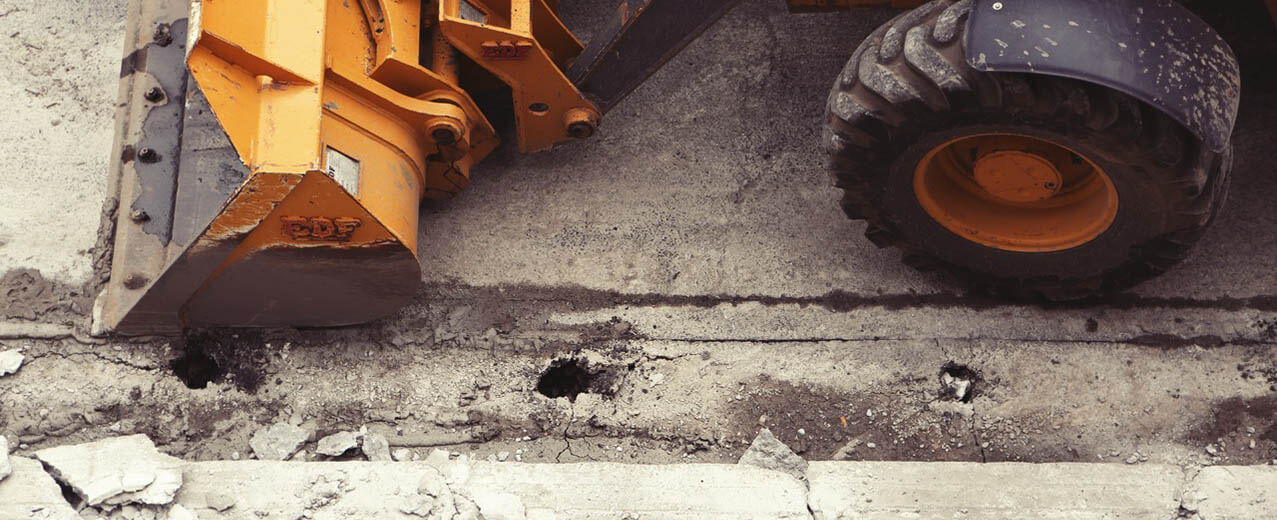
What is Project Management in Construction
The project manager in construction is responsible for directing every aspect of the project. They organise material suppliers and contractors, serving as the main point of communication between team members, and ensure that the project stays within reasonable budget bounds.
Solid construction project management is the glue that brings a successful construction job together.
It is one of the most important positions in any construction project. An inexperienced manager will drag down the entire team's performance, while a skilled one can help resolve difficult issues with minimal friction.
What does a construction project manager do?
A construction project manager is responsible for overseeing the entire project and facilitating communication between different team members. They coordinate all stages of construction projects, review documents, maintain records, and ensure that the project does not exceed its budget.
Project management vs construction management
The main difference between project management and construction management is the scope of duties. Construction managers are specifically involved with construction-related aspects of the project, while a project manager oversees everything. A construction manager is therefore directly supervised by construction project management.
Important skills for construction project management
Construction project management is a broad field that requires knowledge in a number of areas. Time and resource management are essential, as is the ability to communicate with people from a number of different backgrounds. Modern construction project management software tends to be complex, requiring an in-depth understanding of its processes.
Understanding the construction process is crucial for the performance of a person in this position too. A strong background in construction can allow a manager to make the right decisions when choosing equipment, materials, and specialists.

Typical stages of a construction project
Construction projects are typically broken down into four or five major stages. Some companies on the market might organise them slightly differently, but the underlying idea is the same across the board.
Planning and design
The first step is to assess the viability of the project, including the expected ROI and the challenges the team will face. A construction company might reject certain ideas because they do not align with its vision or business model. A good project plan must be flexible enough to allow some deviations in the project costs as issues come up during the execution.
Once the initial plans have been approved, construction project management must come up with detailed designs for each part of the project. This is an iterative process that involves discussions between different parts of the project team to ensure that everyone is aligned on the approach.
Material and equipment procurement
After the design has been approved, project management can proceed with procuring all materials and equipment that will be required in the project. The company also begins approaching contractors for roles it cannot fill internally.
Having existing connections to some of the best experts on the market can provide a company with a notable advantage when handling complex projects. It can be difficult to align the schedules of multiple specialists on short notice, as some of them might be fully booked for months ahead.
Construction
Work on the construction site can now commence. As the project progresses, project management keeps track of how each phase is implemented and whether everything is going according to the initial estimates.
If any deviations in the project schedule or budget are observed, management attempts to get the project back on track within a reasonable timeframe. Managers will work with quality control specialists to ensure that each phase of the project life cycle is closed successfully.
This is the most challenging stage in terms of unexpected issues. Competent managers must be ready to deal with pressing problems on short notice and rearrange their priorities on a daily basis. Efficient delegation of tasks can minimise these challenges.
Post-construction
Finally, project managers must ensure that all items on the punch list are addressed before the successful project is handed over to the client. The project budget is evaluated one last time to calculate total deviations, and a detailed report is prepared for the client.
This report should outline every project execution stage and is compiled with data provided by many different team members. It is the duty of project management to consolidate all that information into a comprehensive, accessible report.

What tools do construction project managers use?
Modern construction project management software is designed to combine the separate features of many individual programs that a manager would need in their daily work. This includes scheduling tools, spreadsheets, budgeting software, communication, and recruitment platforms.
Some platforms go even further, leveraging cutting-edge technology like machine learning to dive deeper into project data and identify patterns a human would otherwise not be able to spot. This allows project owners to maximise the return on their investment, provided that management is adept at using those tools to their full potential.
What are the typical issues that can arise during the construction process?
Budget problems can arise in any project, regardless of its scale. Anticipating them and identifying viable workarounds is an important skill. Supply chain issues must also be expected, especially when materials are sourced from many different parts of the world.
Since the availability of individual workers cannot be guaranteed every day, a good risk management plan should also include fallback options for critical roles. This can introduce significant financial overhead, depending on the rarity of some specialisations on the market. Building strong, long-term connections with qualified experts is important for avoiding this problem.
The right project manager can make all the difference in a construction project. The construction industry has a reputation for being a stressful working environment, and this applies to management as much as it does to construction workers. Project management in construction comes with its own set of unique challenges that any experienced manager must anticipate and know how to deal with.
Clara Annesley
Clara Annesley is an interior design and construction content writer. She holds a BSc (Hons) in Architectural Design Technology from the University of West London. Clara specialises in residential construction for topics like health & safety, architectural design and writing cost guides for renovation and remodelling projects.